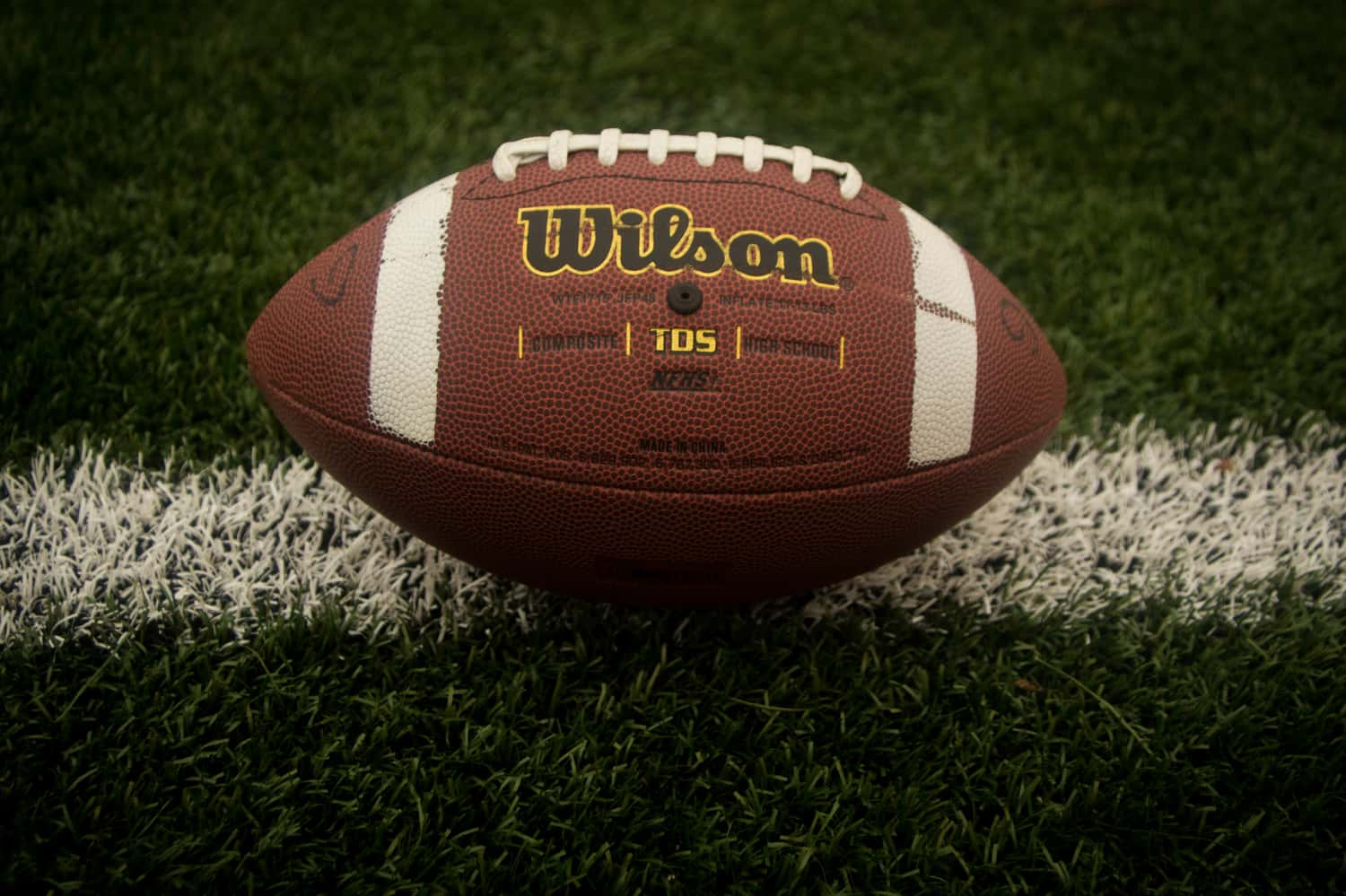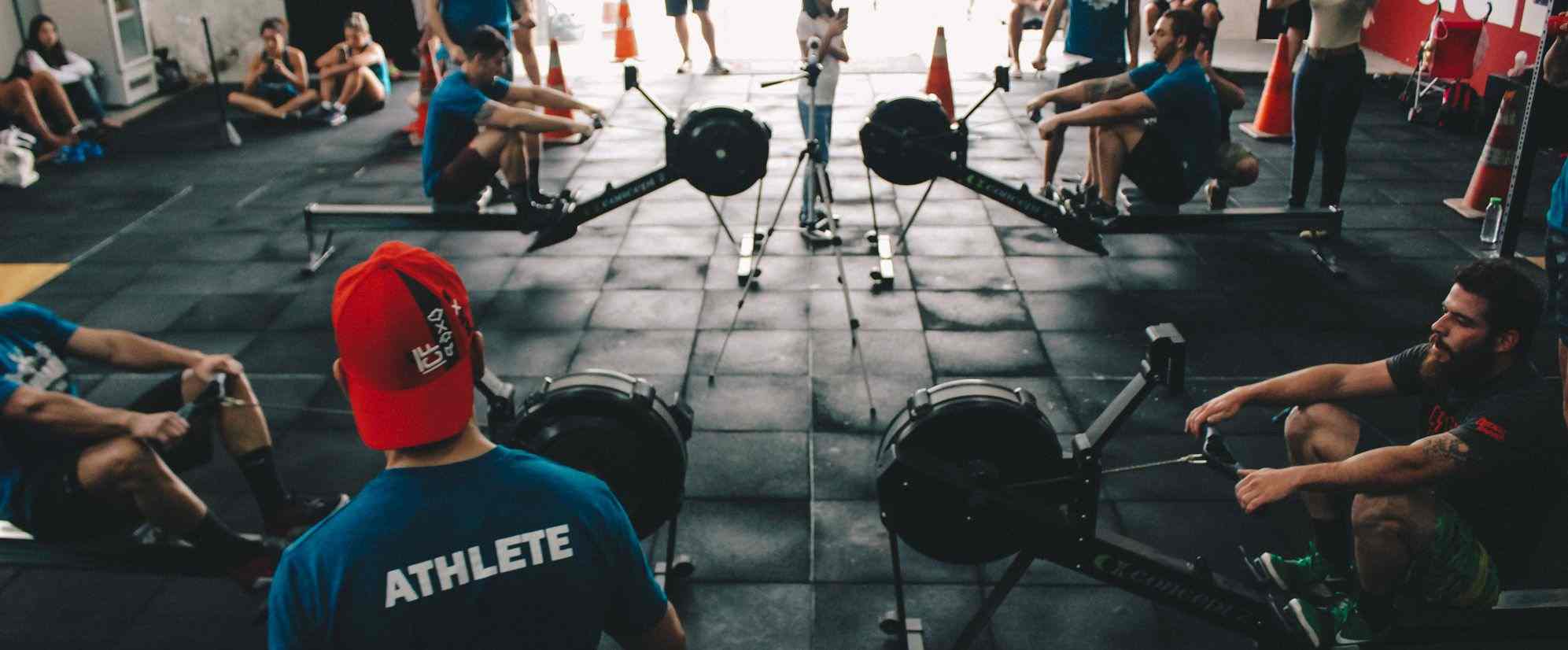Ultimate College Football Workout Plan
When you are training for any kind of athletic program, you must first set out to determine your goals. What kind of results are you after? Do you want strength? Do you want speed? Are you looking for ways to increase endurance or do you need explosive power?
If your goal is to be a powerlifter, chances are you aren’t going to get the results you want if you start a long-distance running program. At the same time, if you start packing on five pounds of muscle a week, you’re probably not training to be a figure skater.
When it comes to team sports in general and football workouts in particular, the process of goal setting becomes a little more complicated. For professionals they might have access to a athletic trainers or sports physical therapist who might be able to help plan a specialized workout based on the athletes needs. High School and College players will likely need to do their research to come up with their own training plans specific to their role they play on the team. A wide receiver in college football has a completely different set of ideal physical characteristics than a defensive tackle. A receiver needs explosive speed and agile quickness, while a defensive lineman needs sustained power, balance and coordination.
If you are setting out to prepare a workout program for college football, you will have to make some important decisions early on. Time is always a factor. College football, like most team sports, is measured in seasons.
Plan your Workout

No builder goes to work without a plan. Your goal is to build a better, stronger and faster you. In order to do that well, you need a written plan for your football workout. You need a plan you can refer to during your new training program so you can keep track of your progress and adjust your approach if you find some things are working better than others.
It is important that your plan be in writing. It should also include a schedule with specific tasks and goals keyed to an overall time and progress objective. Remember the old adage when it comes to setting deadlines and spy thrillers: Nothing gets done unless there’s a clock ticking.
Down Time

As tempting as it might be to overestimate your enthusiasm and wallow in overconfidence, you should not attack your workout program like you are hacking through the Amazon Jungle with a machete. Human beings aren’t machines. The human body needs time to recover and build new strength before you put more strain on yourself.
Sleep is as important if not more important than the workouts themselves. Lack of sleep and lack of good sleep will work against you every step of the way. If you’re going to expect your body to win football games, you have to take care of it.
Warm Ups

Like down time, warm-ups are not optional. Under no circumstances should you put any stress on your body without a proper athletic warm-up. There is nothing that will bring your college football workout program progress to a halt faster than an injury, a muscle strain or a workout that has to be concluded early because your body isn’t prepared for the stress.
You have to understand your body’s limitations and work within them if you expect to see any real progress.
Emphasize

The kinds of workouts you focus on will be determined by the position you plan to play, but you should keep in mind the fact that all football players need speed, agility, endurance and strength. It is never advisable to focus on one kind of training at the total expense of the others. Naturally, a lineman will want to devote more time to strength and coordination while a running back will invest more in speed and agility, but ultimately slow linemen and weak running backs don’t win many football games.
Your training emphasis should be tightly integrated with your schedule. One of the best ways to quantify and track your training emphasis is to set time goals alongside it, so you are certain that a sufficient proportion of your effort is being spent on the area you have decided in advance should be your top priority.
It is vitally important that you remain consistent with your emphasis, even if you believe you have reached your goal or have exceeded your own expectations. As any battlefield general will tell you, what is gained can be lost, and usually a lot faster.
Challenge

The human body is adaptable. So adaptable, in fact, that engaging in the same workouts day in and day out will eventually cause your gains to slow and then stop. Once your body determines it has overcome the strain of your workout, it will stop building new muscle and reflexes. That’s when you need to make a change.
Again, this is where your schedule can be a big help. If you can plan for these changes ahead of time, not only will you be able to work around any potential slowdowns in progress, but you will also be able to strategically organize your adaptations to help build a more complete overall fitness level. A good option during this planning phase is to consult with both a licensed physical trainer and a sports doctor to see if you can quantify the timing and get a more precise handle on what changes will need to be made and when.
Weight Training

As tempting as it might be to march into the weight room alone and start throwing iron around, you should consult with a certified weight trainer and your doctor before you start any kind of weight program. Improper use of weights and unsafe practices in the weight room can bring both your season and your career to a premature halt.
That said, a well-planned weight program can do wonders for all phases of your training regimen, including your speed, agility and endurance.
While it might seem that training for a college football program can be overwhelming, it can also be its own reward. At no time in your life will you be in better shape physically and mentally than when you are ready to compete in the sport of football. Seek the best advice you can, be well aware of your limitations, set goals and commit yourself to achieving them, and most of all, plan your workout program. If you take the proper steps in the proper order, you just might have a chance to take the field.
Want A Career In Sports? Let Us Help
Fill out the form below to learn about the many different career options you might take to work in the sports field.
[contact-form-7 id=”31766″ title=”Be a better person of your self form” html_class=”gray-form”]
*In no way is it recommended that you try to treat injuries by yourself. That should be done by a qualified professional. Before practicing any new modalities or techniques, check with your state’s regulatory authority to ensure they are within the state’s defined scope and standards of practice for therapy. In no way does Fremont University promise or guarantee employment or level of income/wages.

